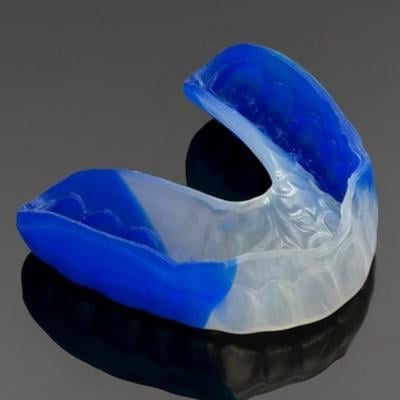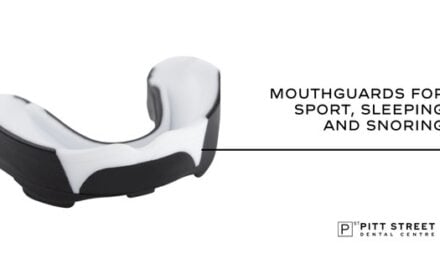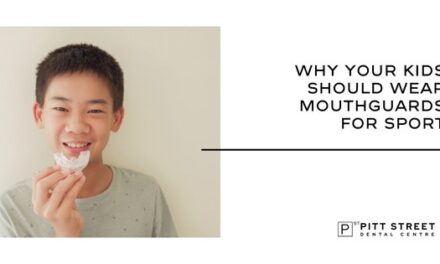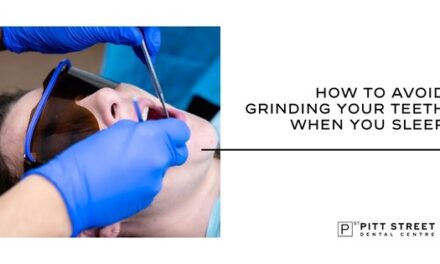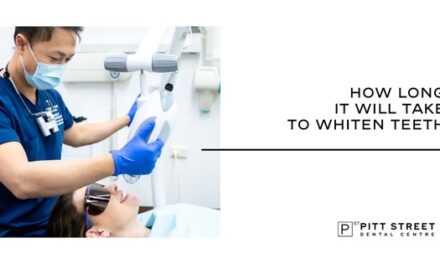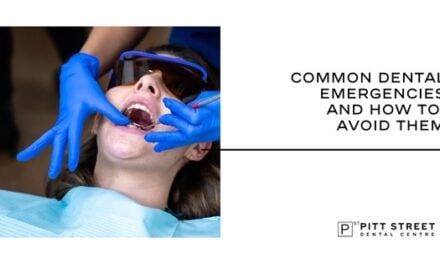How To Avoid Grinding Your Teeth When You Sleep
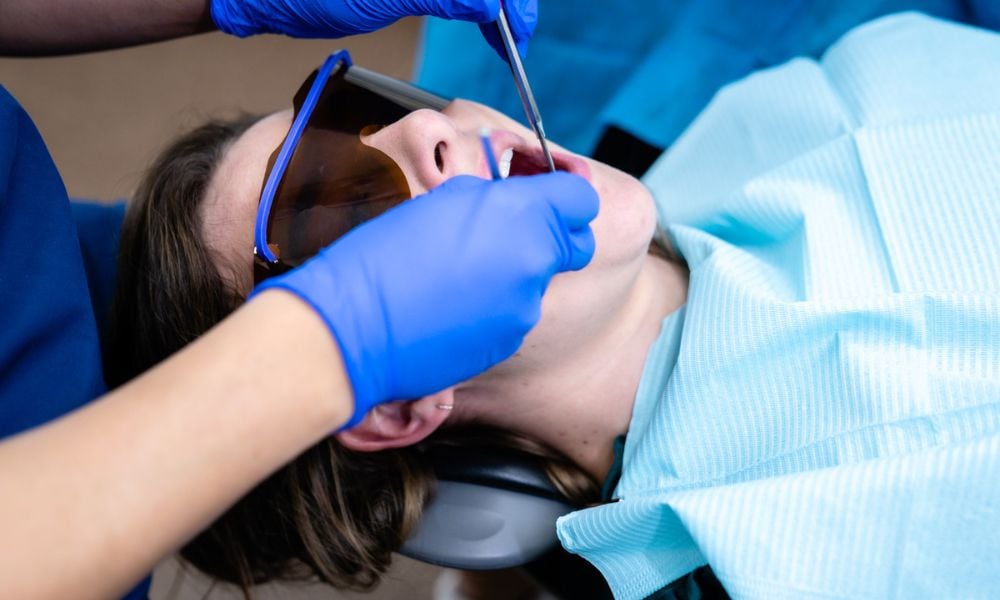
Unfortunately, many people find themselves unconsciously grinding their teeth as they sleep. Known as ‘bruxism’, the act of teeth grinding can be potentially damaging for your oral health and other facial features.
But luckily, there are a few things you can do to prevent damage from teeth grinding as you sleep. Read on for a definition of bruxism (and what it can cause), key signs and symptoms of bruxism, and a few handy tips to prevent it from affecting your pearly whites.
WHAT IS BRUXISM?
Commonly known as ‘tooth-grinding’, the term ‘bruxism’ refers to the excessive and unconscious grinding of teeth or clenching of jaw. Though this can happen while you’re awake, it’s more common while people are asleep.
Grinding your teeth while asleep every once in a while is normal and won’t cause long lasting damage, but if it becomes more frequent, it’s important to have it addressed and monitored to maintain your oral health.
WHAT CAUSES BRUXISM?
There are several factors that cause sleep bruxism. These include sleep disorders such as:
Insomnia or sleep apnea
Neurological disorders such as anxiety or depressive disorders
Periods of increased stress
Digestion issues
Genetics or the consumption of food or beverage that can cause acid reflux or that contain high levels of caffeine
What are the signs and symptoms of bruxism?
As people with sleep bruxism won’t be aware of their condition while it’s happening, sleep bruxism symptoms are often spotted by people who regularly co-sleep with them – or in drastic cases, by the sleeper themselves when they wake up and notice visible tooth damage or impacts.
The most common symptoms and indicators of sleep bruxism are:
Headaches that cause pangs around the temple
Clicking of jaw joints
Issues with chewing (including hypersensitivity, fatigue or tenderness)
Tongue pain
Earaches or dental symptoms such as tooth pain, enamel erosion or chipped teeth
In severe cases, teeth can even become loosened as a result of sleep bruxism.
HOW TO PREVENT BRUXISM
If you recognise any of the above symptoms and think you might have sleep bruxism, there are plenty of ways to seek help and address the issue.
For starters, assess any underlying health conditions you may have to see if there’s a correlation between them and your bruxism. Then, consider implementing a structured sleep routine to help improve your quality of sleep. This could include setting a regular sleep time, limiting screen time before bed, doing a few relaxing activities before lights out, and making your bedroom as cosy and inviting as possible.
Another fantastic way to help prevent sleep bruxism is to be fitted for a mouthguard that you can wear every night while sleeping. These devices will protect your teeth as you sleep, and can be customised to help reduce your specific sleep bruxism symptoms.
PROTECT YOUR TEETH WITH PITT STREET DENTAL

Here at Pitt Street Dental in Sydney, our highly trained team are proficient in creating custom mouthguards to ensure teeth and mouths are as protected as possible. If you think you may be experiencing symptoms of sleep bruxism, book an appointment for a new mouthguard moulding at Pitt Street Dental Centre today.
The content has been made available for informational and educational purposes only. Pitt Street Dental Centre does not make any representation or warranties with respect to the accuracy, applicability, fitness, or completeness of the content.
The content is not intended to be a substitute for professional personal diagnosis or treatment. Always seek the advice of your dentist or another qualified health provider with any questions you may have regarding a dental or medical condition. Never disregard professional advice or delay seeking it because of something you have read or seen on the Site.
Services We Mentioned:
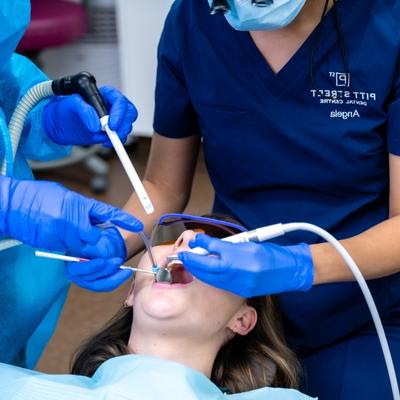
TMJ
